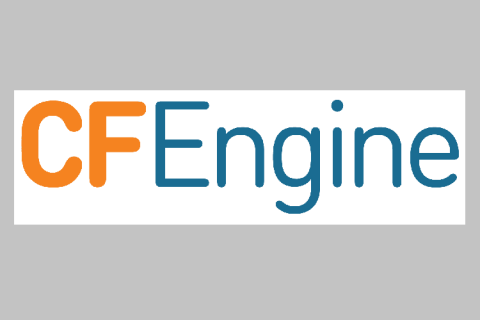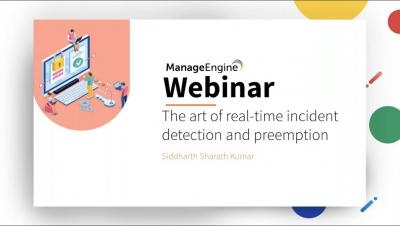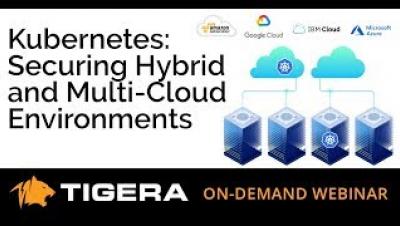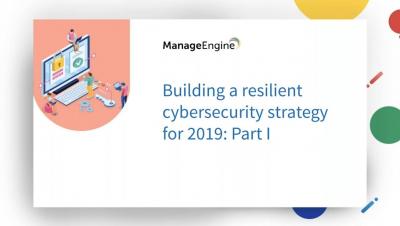Operations | Monitoring | ITSM | DevOps | Cloud
Security
The latest News and Information on CyberSecurity for Applications, Services and Infrastructure, and related technologies.
Selling Stakeholders on Automated Threat Response
Most organizations use their SIEM solution to automate repetitive security tasks, saving analysts time. But the reality is your system could be doing—and saving—so much more by blocking the obvious threat actors attempting to connect with your network, systems, and assets.
Three high level patterns in CFEngine
How do you deal with config files that need different settings based on various services that are running on a host and cooperate with other teams? It’s a common question, and it came up on in #cfengine on irc.freenode.net recently. The issue is that team A might be working on package A, which requires some environment variables set. But team B might be working on a totally different thing — and want to achieve the same thing.
SIEM, Simplified
Do you need better insight into the overall state of your network security? Take a step back and look through the larger lens of the SIEM solution. Security information and event management (SIEM) is an approach to security management that combines two aspects...
Dynamic DNS & Falco: detecting unexpected network activity
Since the inception of Falco, we’ve seen users write custom rules covering a number of different use cases. Because Falco is behavioral monitoring with a syntax that leverages system calls, you can write a rule for just about anything: opening a file, becoming root, or making a network connection.
CFEngine LTS 3.10.5 released
Today we are very happy to announce the maintenance release of CFEngine 3.10.5. This is an update to the LTS 3.10 series, adding improved stability, several bug fixes and increased performance. 3.10 LTS is the successor of 3.7 LTS that, since August 2018, is no longer supported. We recommend everyone still using CFEngine 3.7 to upgrade to either 3.10 or 3.12. We are available to support you with such an upgrade if you need it.










